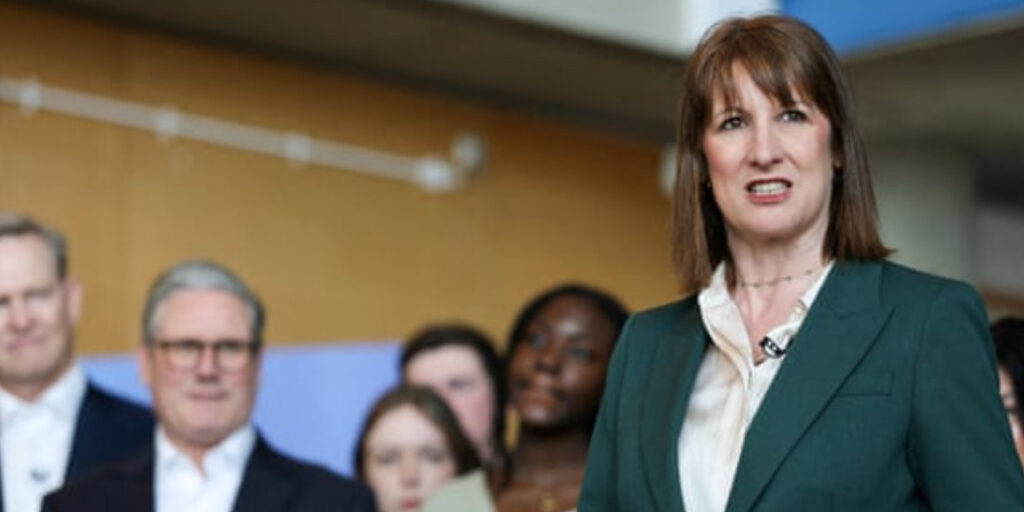The escalating trade dispute spearheaded by Donald Trump underscores the urgent need for the UK to enhance its trading relationships with the European Union post-Brexit, according to Rachel Reeves.
Despite the government’s dismissal of rejoining the EU customs union, the Chancellor remains adamant about fortifying ties with European partners, particularly in light of the hurdles faced by British businesses in exporting across the continent.
Reeves is championing a bold initiative under Keir Starmer’s leadership to dismantle trade barriers with the EU. Speaking to the Financial Times, she highlighted the upcoming UK-EU summit on 19 May as an opportunity to rejuvenate ties and simplify trading processes for businesses.
Amid global trading challenges, including Russia’s invasion of Ukraine, Reeves pointed out the heightened necessity to refine trade links with Europe. She described the UK as a potential beacon of stability for investment amidst Trump’s relentless trade war.
Further bolstering this vision, the government has recently clinched a deal to establish the inaugural Universal theme park in Europe, a move the Prime Minister claims will foster growth, employment, and joy within Britain.
This initiative, spearheaded by Comcast in Bedfordshire, reflects the robust economic standing of the UK and underscores a lasting Anglo-American alliance.
The Chancellor has advocated for the UK to realign its regulatory framework with Brussels, particularly in key sectors such as chemicals, to bolster market accessibility.
Following recent tariff increases, she sought to alleviate concerns about market instability, referencing discussions with Bank of England Governor Andrew Bailey, who reassured that markets are operating effectively and the banking system remains robust.
Looking ahead, Reeves plans to pursue a trade agreement with the US during her forthcoming visit to Washington for the IMF’s global finance ministers meeting.
She also reiterated the government’s dedication to fiscal stability as the cornerstone for a thriving economy, hinting at the possible necessity for future fiscal adjustments.


